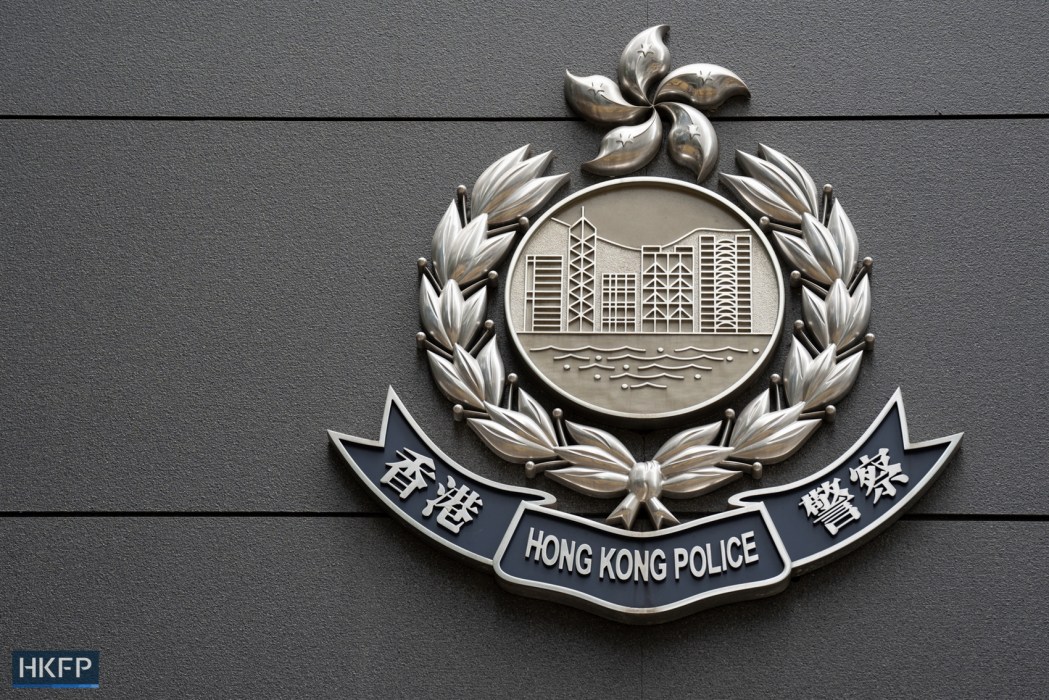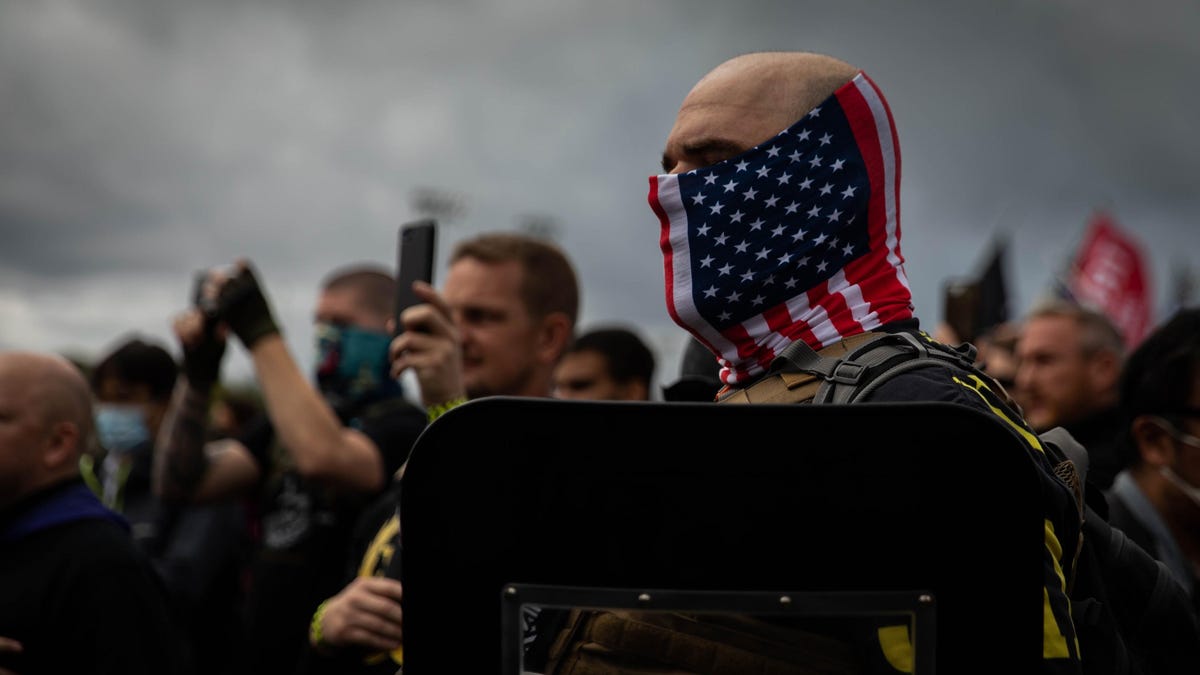
A Hong Kong student accused of making “seditious” online posts, many of them while abroad, has been sentenced to two months in jail.
 West Kowloon Magistrates’ Courts. File photo: Kyle Lam/HKFP.
West Kowloon Magistrates’ Courts. File photo: Kyle Lam/HKFP.Yuen Ching-ting, wearing a beige hoodie and a mask, appeared at the West Kowloon Magistrates’ Courts on Friday. The 23-year-old pleaded guilty in late October to publishing online speech with seditious intent in relation to a number of social media posts, made from September 2018 to March 2023.
Handing down the sentence, judge Victor So said Yuen was remorseful and cooperative with the police investigation after her arrest. Her chance of reoffending was low, he added, and the seriousness of the offence was less than other similar cases.
Yuen was arrested in March after returning to Hong Kong from Japan, where she was studying. Local media outlets reported that she was in the city to change her Hong Kong identity card. She was initially arrested on suspicion of inciting secession, a crime under the national security law.
Her passport was confiscated and she was unable to return to Japan to continue her studies, according to local media reports.
Beijing imposed security legislation on Hong Kong in June 2020 following months of protests and unrest sparked by a controversial extradition bill that would have allowed the transfer of fugitives to mainland China.
 Social media app icons on an iPhone. Photo: Brett Jordan, via Unsplash.
Social media app icons on an iPhone. Photo: Brett Jordan, via Unsplash.The law criminalised subversion, secession, terrorism and foreign collusion, and covers alleged offences committed outside Hong Kong. Those convicted can face up to life in prison.
Yuen, however, was officially charged under the sedition law in June. Dating back to the colonial era, the sedition law is separate from the Beijing-imposed security legislation. Those convicted under the sedition law face up to two years in prison, but are subject to similarly strict bail restrictions.
While Yuen was granted bail, she was ordered to comply with rules including not possessing electronic devices with social media apps, or making comments on social media.
So said Yuen moved to Tokyo, Japan, in October 2018, where she studied politics at a university. She was in her second year when she came back to Hong Kong and was arrested.
A top Japanese official raised concerns about Yuen’s arrest at the time, saying it undermined trust in One Country, Two Systems, the framework under which Hong Kong is governed and which authorities say gives the city a “high degree of autonomy.”
Calls for independence
According to the case details, Yuen had published 13 posts on Facebook and Instagram since 2018, with messages such as “I am a Hongkonger; I advocate for Hong Kong independence,” and “as long as the Chinese Communist Party exists, how can there be a home?”
 Hong Kong Police Force. Photo: Kyle Lam/HKFP.
Hong Kong Police Force. Photo: Kyle Lam/HKFP.The posts were said to have been published from September 2018 to March 2023. Among the 13 posts, 11 were published from Japan while two were published in Hong Kong.
Yuen’s legal representative earlier called on the court to hand down a non-custodial sentence, saying that Yuen was not an activist and that her views on politics had changed. The representative also said Yuen had been in Hong Kong for a short period in August 2019 and did not join the protests.
Addressing the court on Friday, So said Yuen did not have a large following on social media. She had 473 friends on Facebook and 657 followers on Instagram, he said. Twelve out of the 13 offending posts were on Facebook and were open to the public.
So also said that the “originality” of the posts were “not high” and consisted mostly of slogan-like comments. But the posts were made over a period of time, and while Yuen had the power to delete them, she did not do so, the judge added.
As of October 31, 285 people had been arrested for suspected acts and activities that endangered national security since the national security law was enacted in June 2020, the Security Bureau told HKFP. The figure includes those arrested under the national security law, the sedition law or with other crimes.
Among them, 170 people and five companies had been charged.
Support HKFP | Policies & Ethics | Error/typo? | Contact Us | Newsletter | Transparency & Annual Report | Apps
























 English (US) ·
English (US) ·